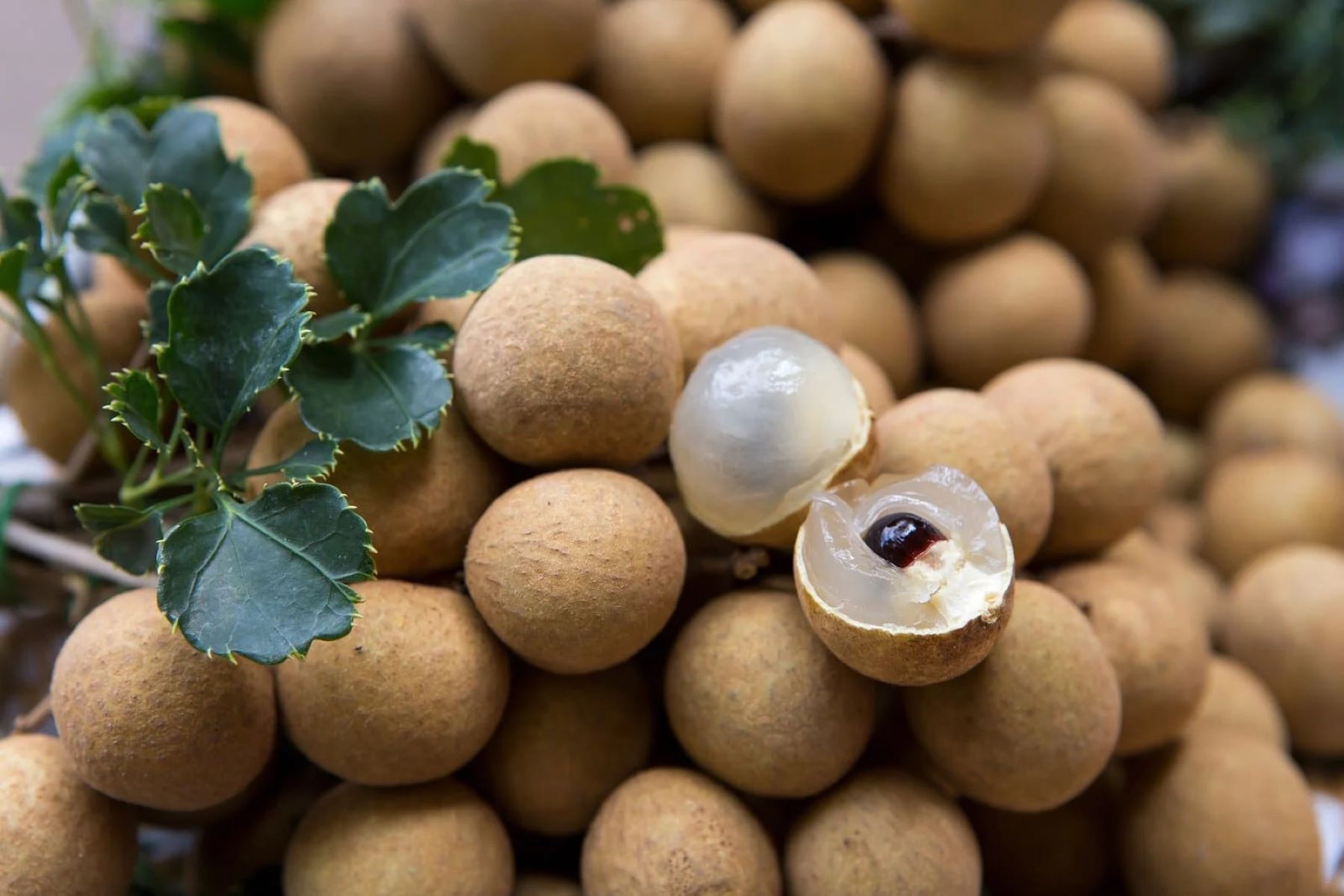10 Exotic Japanese Fruits You’ve Probably Never Tasted

Have you ever wondered what fruits are unique to Japan? While many people know about sushi and ramen, fewer are familiar with the country's exotic fruits. Japan offers a variety of delicious and unusual fruits that you won't find in your local grocery store. From the juicy Yubari King Melon to the sweet Shine Muscat Grapes, these fruits are not only tasty but also a feast for the eyes. Some of these fruits are even considered luxury items, often given as gifts. Ready to learn more about these unique treats? Let's dive into the world of Japanese fruits and discover what makes them so special.
Japan's Unique Fruit Culture
Japan is known for its unique and exotic fruits. Many of these fruits are rare and often come with a hefty price tag. Let's dive into some of the most intriguing Japanese fruits you might not have tasted yet.
Yubari King Melon
The Yubari King Melon is a luxurious fruit known for its sweetness and perfect round shape. Grown in Yubari, Hokkaido, this melon is often given as a prestigious gift.
- Yubari King Melon: This melon is a hybrid of two cantaloupe varieties. Its flesh is juicy, sweet, and has a smooth texture. Often sold at auctions, it can fetch thousands of dollars.
Dekopon
Dekopon is a seedless and sweet citrus fruit, a hybrid between a Kiyomi and a Ponkan. It’s known for its large size and distinctive bump on the top.
- Dekopon: This fruit is incredibly sweet and easy to peel. It has a rich, tangy flavor that makes it a favorite among citrus lovers.
Akebi
Akebi is a unique fruit with a striking purple color and a soft, jelly-like interior. It’s native to the Tohoku region and is often used in traditional Japanese dishes.
- Akebi: The fruit has a mild, sweet taste and is often eaten raw or used in cooking. Its seeds are edible but slightly bitter.
Shikuwasa
Shikuwasa is a small, green citrus fruit native to Okinawa. It’s often used in cooking and drinks for its tart and refreshing flavor.
- Shikuwasa: This fruit is packed with vitamin C and antioxidants. Its juice is often used in sauces, marinades, and beverages.
Kyoho Grapes
Kyoho grapes are large, dark purple grapes known for their sweet and juicy flesh. They are often compared to plums due to their size and flavor.
- Kyoho Grapes: These grapes have a thick skin that is usually peeled before eating. They are often enjoyed fresh or used in desserts.
Mikan
Mikan is a type of seedless mandarin orange that is incredibly sweet and easy to peel. It’s a popular winter fruit in Japan.
- Mikan: This fruit is often eaten as a snack or used in salads and desserts. Its sweetness and juiciness make it a favorite among children and adults alike.
Nashi Pear
Nashi pear, also known as Asian pear, is a crisp and juicy fruit that resembles an apple in texture. It’s often enjoyed fresh or used in cooking.
- Nashi Pear: This fruit has a refreshing, sweet flavor and a crunchy texture. It’s often used in salads, desserts, and savory dishes.
Ume
Ume is a type of Japanese plum that is often used to make umeboshi (pickled plums) and umeshu (plum wine). It has a tart and tangy flavor.
- Ume: This fruit is usually not eaten raw due to its sourness. Instead, it’s pickled or used to make alcoholic beverages.
Yuzu
Yuzu is a citrus fruit with a unique flavor that is a cross between a lemon and a mandarin. It’s often used in Japanese cuisine for its aromatic zest and juice.
- Yuzu: This fruit is rarely eaten on its own. Its juice and zest are used to flavor dishes, sauces, and beverages.
Kinkan
Kinkan, also known as kumquat, is a small citrus fruit that is eaten whole, including the peel. It has a sweet and tangy flavor.
- Kinkan: This fruit is often used in jams, jellies, and candies. Its peel is sweet, while the flesh is slightly tart, creating a delightful contrast.
Savoring Japan's Unique Fruits
Japanese fruits offer a taste adventure like no other. From the sweet Yubari King Melon to the refreshing Shine Muscat Grapes, each fruit provides a unique flavor experience. These fruits are not just delicious but also a big part of Japan's culture and tradition. Trying them can give you a deeper appreciation for the country's agricultural heritage.
Next time you visit Japan, make sure to explore local markets and try these exotic fruits. They might be a bit pricey, but the taste and experience are worth it. Whether you're biting into a juicy Dekopon Orange or savoring the delicate sweetness of a White Strawberry, you'll find that Japanese fruits are a delightful treat.
So, don't miss out on these unique flavors. They are a must-try for any food lover visiting Japan.

